Do Anti-Dandruff Hair Oils Really Work? Know The Truth Here!
Decipher the truth behind anti-dandruff hair oils and if they truly deliver scalp relief as promised!
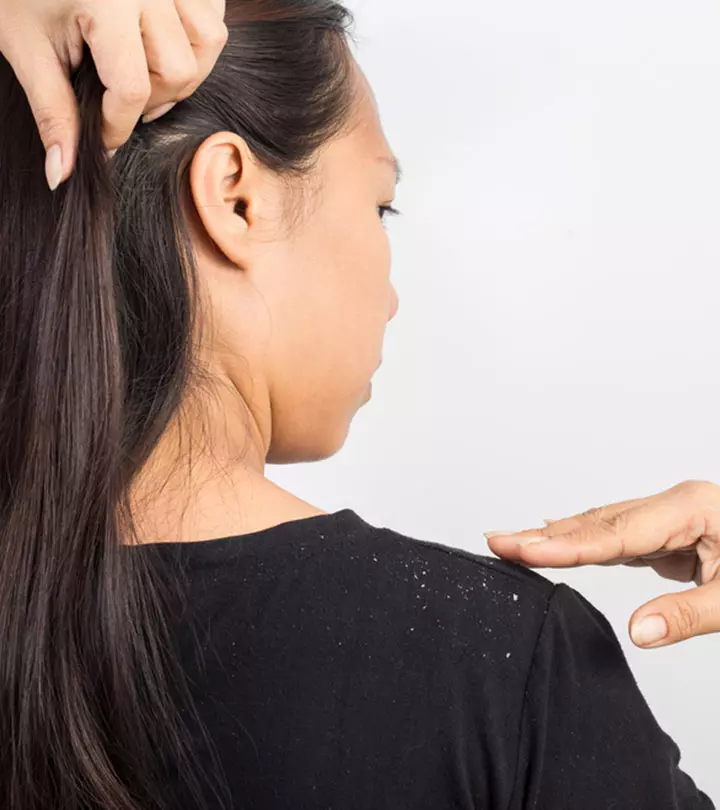
Image: Shutterstock
Dandruff is a benign condition of the scalp, but those small flakes of dead skin on your shoulder can be very embarrassing. Worry not! Using anti-dandruff hair oils can help you treat this issue. These natural remedies can go a long way in controlling dandruff symptoms.
So, how to go about it? If you have never tried any anti-dandruff oil and wonder which oil to choose, you are in the right place. This article discusses which natural oils are good for treating dandruff, the properties to look for, how they work, and when to see a doctor. It also explores the effectiveness of essential oils and coconut oil. Keep scrolling to know more.
In This Article
Is It Good To Apply Oil On Dandruff Hair?
Many people suffering from dandruff are known to avoid applying oil to their hair. This may be because the oil may attract more dirt, which may get mixed with existing dandruff and cause irritation. However, if you avoid oiling all together, your scalp may get dry and cause even more dandruff. This really puts us in a dilemma. So, what can we do?
According to experts, finding a middle ground is the best solution in such cases. Oiling your hair once a week is a great solution. However, wash the oil off after a few hours and avoid going out or it may attract dirt and dust.
Another advantage of oiling your hair is it boosts blood circulation and nourishes the hair (1). It also keeps the scalp moisturized.
Although oils cannot prevent dandruff, some oils may help in fighting the dandruff-causing fungus. So, using such an oil may help in keeping your scalp and hair moisturized as well as lessen the effect of dandruff. In the next section, we will see what the best anti-dandruff oils are.
What Is The Best Anti-Dandruff Hair Oil?
An anti-dandruff oil is considered good if it:
- Balances the oil or sebum level of the scalp.
- Balances the scalp pH.
- Moisturizes the scalp.
- Has antimicrobial properties that fight dandruff.
Oils that are light in texture, chemical-free, and non-sticky are also great for dandruff.
Additionally, you can make your own anti-dandruff oil by combining various oils like coconut oil, eucalyptus oil, lemon oil, sunflower oil, and almond oil. Such hair oils for dandruff are great at fighting dandruff and nourishing the scalp, as well (2). Another combination that is great for treating dandruff is argan oil and apricot oil.
Let’s take a look at how to apply anti-dandruff oil to your hair.
How to Apply Anti-Dandruff Hair Oil
- Take a few drops of oil in your palms.
- Apply the oil to your scalp and massage it in with the help of your fingertips.
- Leave the oil in your hair and scalp for three hours or overnight.
- Wash it off with a gentle shampoo.
 Pro Tip
Pro TipThere are certain things that you should avoid doing after applying anti-dandruff oil to your hair. They are discussed in brief in the following section.
What Not To Do After Oiling
- As your hair is more prone to breakage, avoid combing after oiling it.
- Avoid tying your hair up in a tight bun or ponytail. This is because your scalp is in a relaxed phase after oiling, and a tight hairstyle may cause breakage.
- Do not apply any other hair products after applying an anti-dandruff oil. This is to avoid infusing chemicals into your hair.
- Do not use any heat styling products on your hair immediately after applying anti-dandruff oil.
 Quick Tip
Quick TipWhile buying an anti-dandruff oil, keep the following points in mind.
What To Check Before Buying An Anti-Dandruff Oil
- Oils like rosemary, neem, camphor, fenugreek, and tea tree oils have antimicrobial properties. These oils are great in their purest form. Hence, avoid the ones that may contain any chemical additives.
- Look for oils that contain vitamin E. Vitamin E has a calming effect on the scalp.
- Avoid oils that contain fragrances. They may worsen scalp irritation.
Essential oils have been popular because of their many benefits. However, are they good at treating dandruff? Let’s find out.
Can Essential Oils Control Dandruff?
A 2015 study conducted on essential oils found that many of them can be used to control and treat dandruff. Essential oils of bergamot, garlic, tea tree, and thyme are great for controlling dandruff (3).
Another study done in 2015 found that an anti-dandruff tonic made with lemongrass essential oil helps in reducing dandruff significantly (4).
To get rid of dandruff, you can use essential oils in various ways:
- Many hair products contain essential oils as the main ingredient. Read the list of ingredients to make sure that the product you are buying contains essential oils.
- Alternatively, you can add a few drops of your desired essential oil to your shampoo.
Note:
Avoid direct use of essential oils on your scalp. Dilute them with a carrier oil, like coconut oil or olive oil.
Now let’s take a look at if coconut oil is good for treating dandruff.
Can Coconut Oil Treat Dandruff?
Coconut oil
has long been used as an antimicrobial product as it contains lauric acid. Hence, coconut oil may help in combating malassezia, the fungus that causes dandruff.
A study done in 2008 found that coconut oil is great at treating eczema and fungus in adults (5). Since malassezia is also a fungus, you can also use coconut oil to combat dandruff as it has anti-fungal properties.
Another research study found that coconut oil reduces inflammation and pain (6). Hence, it might be helpful in treating dandruff-related skin issues.
However, there is no research that draws a direct link between coconut oil and the treatment of dandruff.
Dandruff is not a serious disease that needs a doctor’s attention immediately. However, you should consult a doctor if you are facing the issues mentioned below.
When To See A Doctor
- If you fail to see any results even after using anti-dandruff hair oil and other hair products on a regular basis.
- You are losing a lot of hair on a daily basis.
- Your scalp is inflamed (7).
Seeing those pesky, white dandruff can be annoying and embarrassing. Experts recommend that using anti-dandruff hair oils once a week will keep your hair hydrated and may reduce your dandruff. You can purchase anti-dandruff oil at the drugstore or create your own by mixing coconut, sunflower, or almond oils. Avoid tying your hair into a bun and use heat styling products after applying an anti-dandruff oil to reduce breakage. If the anti-dandruff oil fails to show any visible results and your hair continues to fall, consult your doctor.
Frequently Asked Questions
Should I wash my hair every day if I have dandruff?
Washing your hair daily can leave it dry and remove its natural oils and moisture. Wash your hair every alternate day if dandruff is caused by an oily scalp.
How do I get rid of dandruff fast?
Dandruff cannot be reduced immediately. You must use anti-dandruff hair care products consistently to eliminate the condition.
Key Takeaways
- Anti-dandruff oils, when used appropriately, may treat dandruff. They also may alleviate any associated adverse conditions.
- You can either look for commercial oils or make your own by blending essential oils of bergamot, tea tree, or thyme. These can help balance scalp pH and oil levels, moisturize scalp, and fight microbial infections.
- Massage an anti-dandruff oil into the scalp, leave it on for a few hours, and wash off with a gentle shampoo for best results.
References
Articles on StyleCraze are backed by verified information from peer-reviewed and academic research papers, reputed organizations, research institutions, and medical associations to ensure accuracy and relevance. Read our editorial policy to learn more.
- Effect of mineral oil, sunflower oil, and coconut oil on prevention of hair damage
https://pubmed.ncbi.nlm.nih.gov/12715094/ - Dandruff, Cradle Cap, and Other Scalp Conditions
https://medlineplus.gov/dandruffcradlecapandotherscalpconditions.html - Application of microencapsulated essential oils in cosmetic and personal healthcare products – a review
https://onlinelibrary.wiley.com/doi/full/10.1111/ics.12232 - Anti-dandruff Hair Tonic Containing Lemongrass (Cymbopogon flexuosus) Oil
https://pubmed.ncbi.nlm.nih.gov/26566122/ - Novel antibacterial and emollient effects of coconut and virgin olive oils in adult atopic dermatitis
https://pubmed.ncbi.nlm.nih.gov/19134433/ - Anti-inflammatory, analgesic, and antipyretic activities of virgin coconut oil
https://www.tandfonline.com/doi/full/10.3109/13880200903062614 - Is Dandruff a Disease?
https://www.ncbi.nlm.nih.gov/pmc/articles/PMC3002421/
Read full bio of Dr. Shruti Chavan
Read full bio of Eshna Das
Read full bio of Monomita Chakraborty





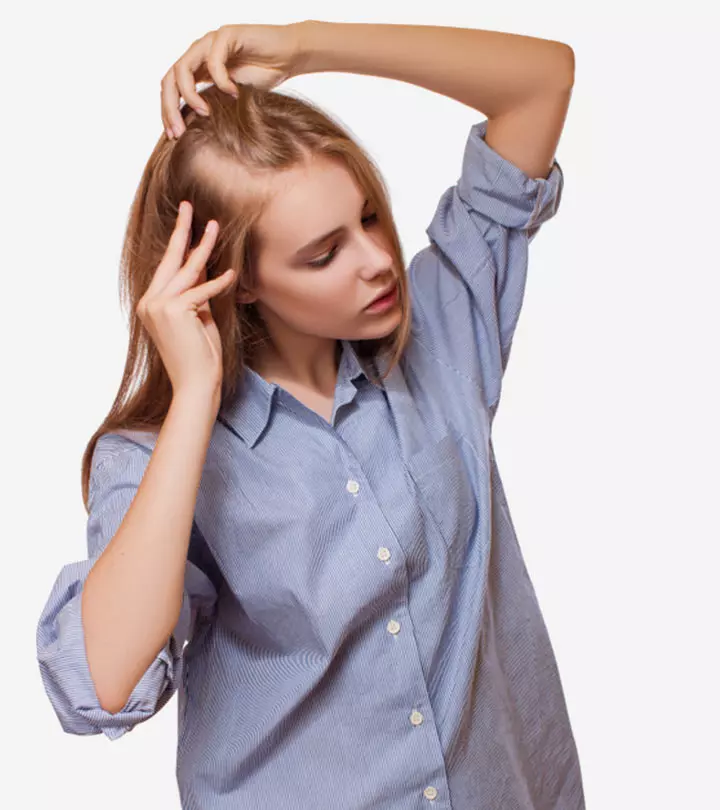

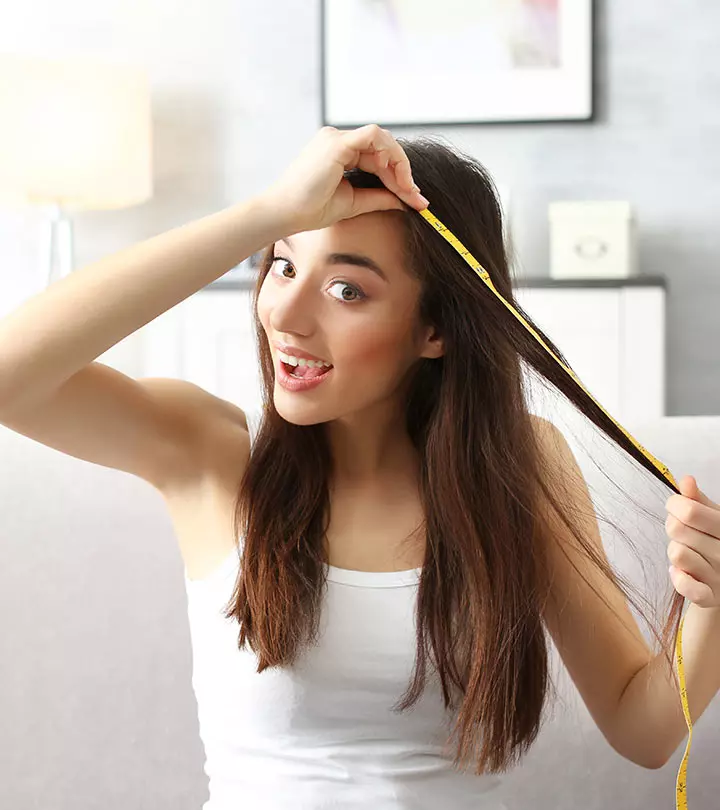
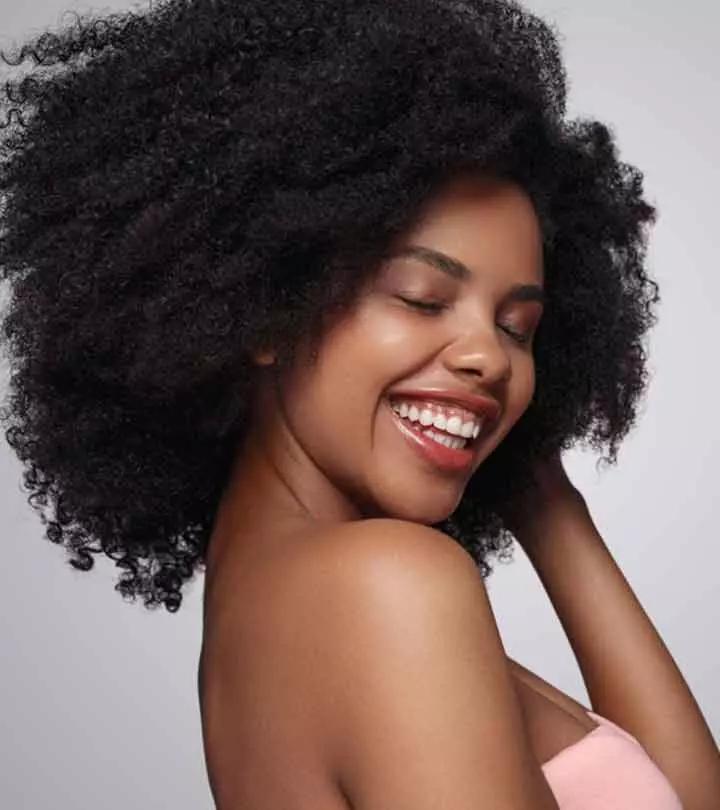


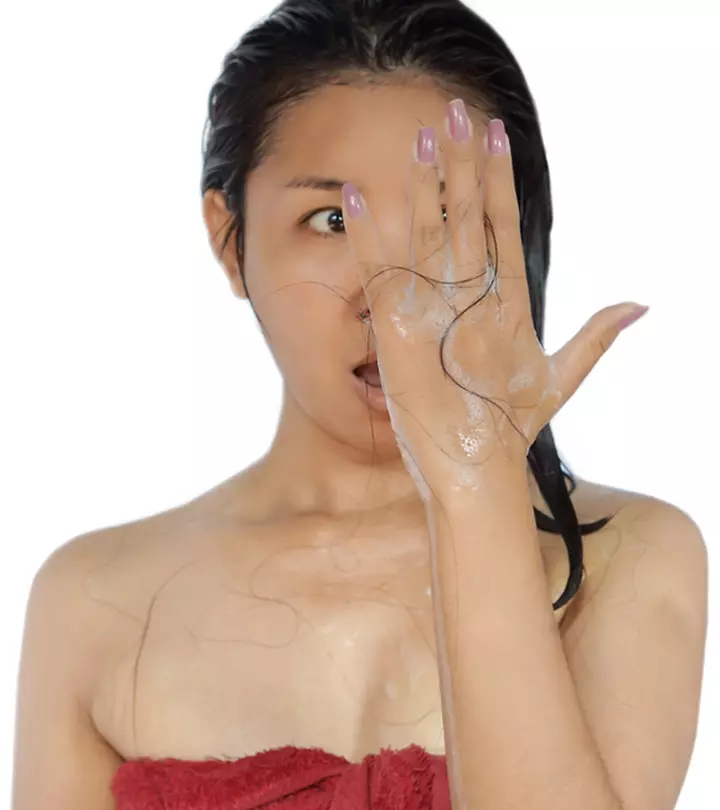
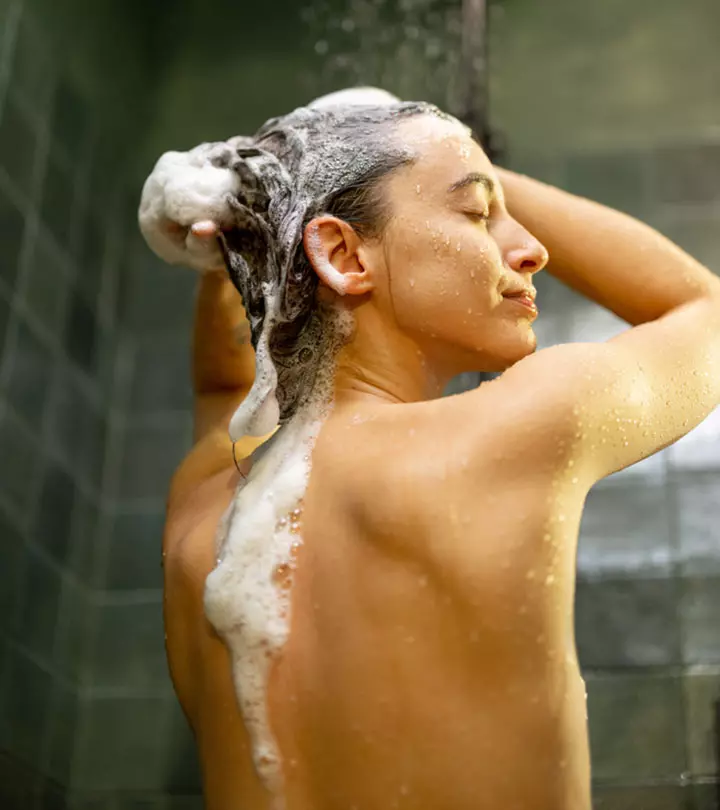


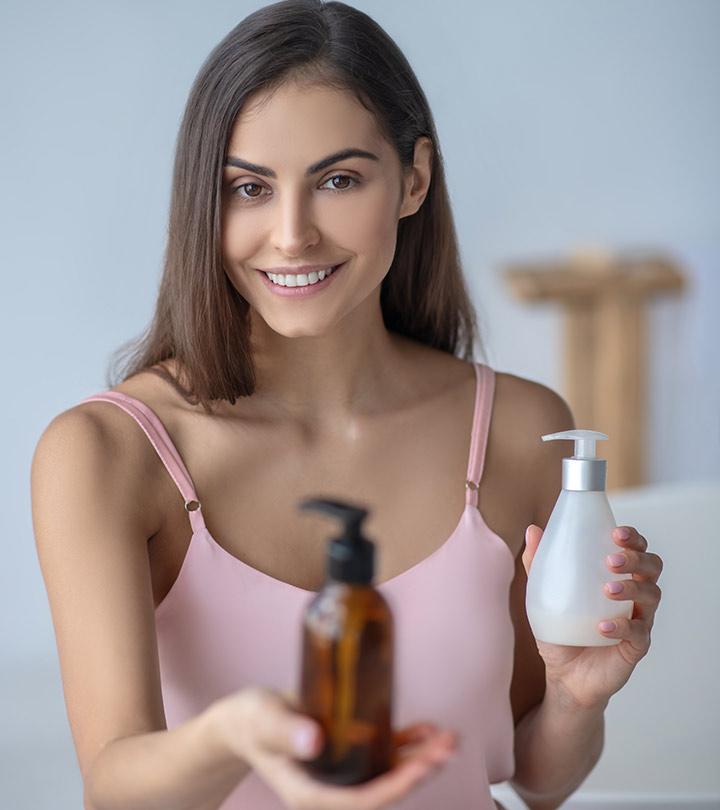
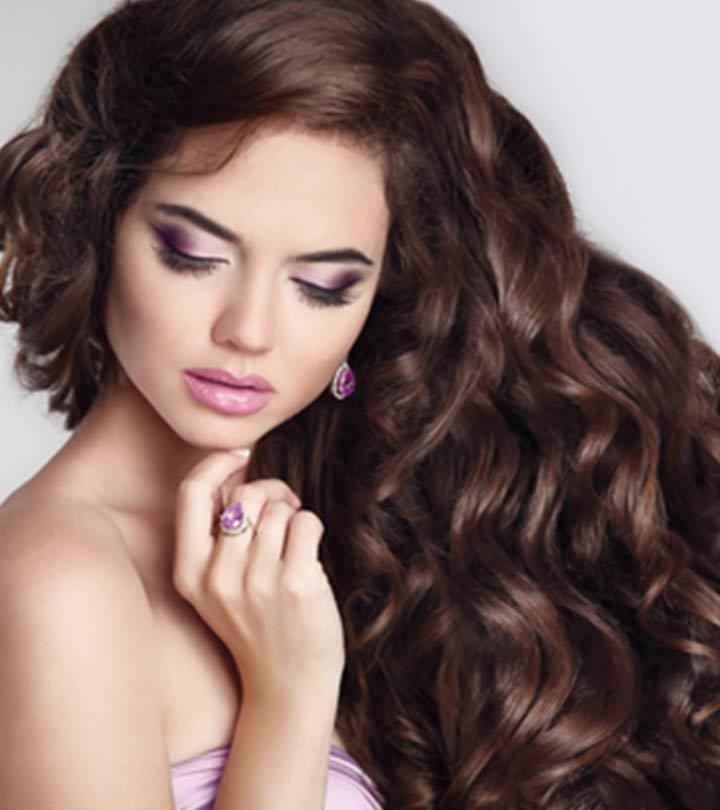

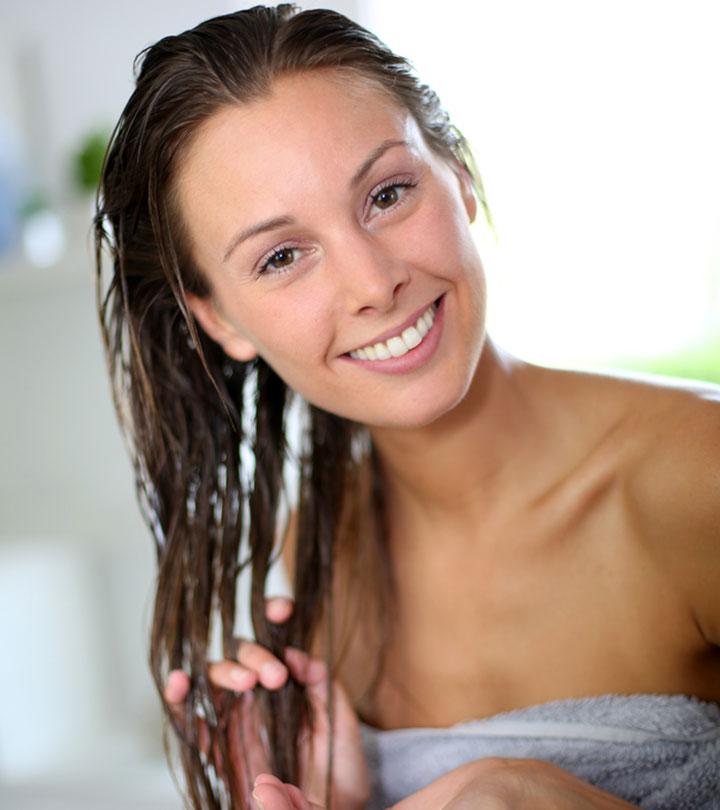
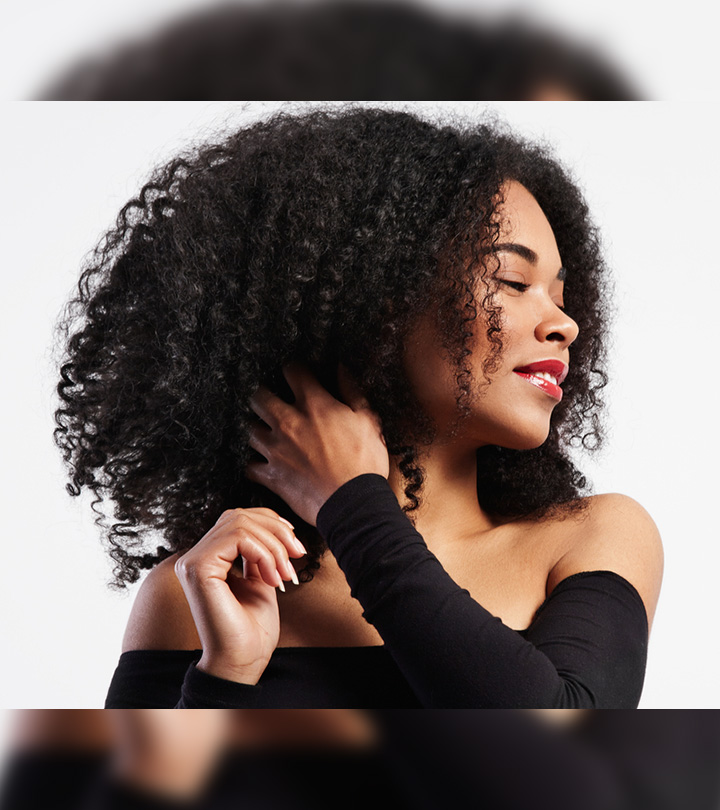

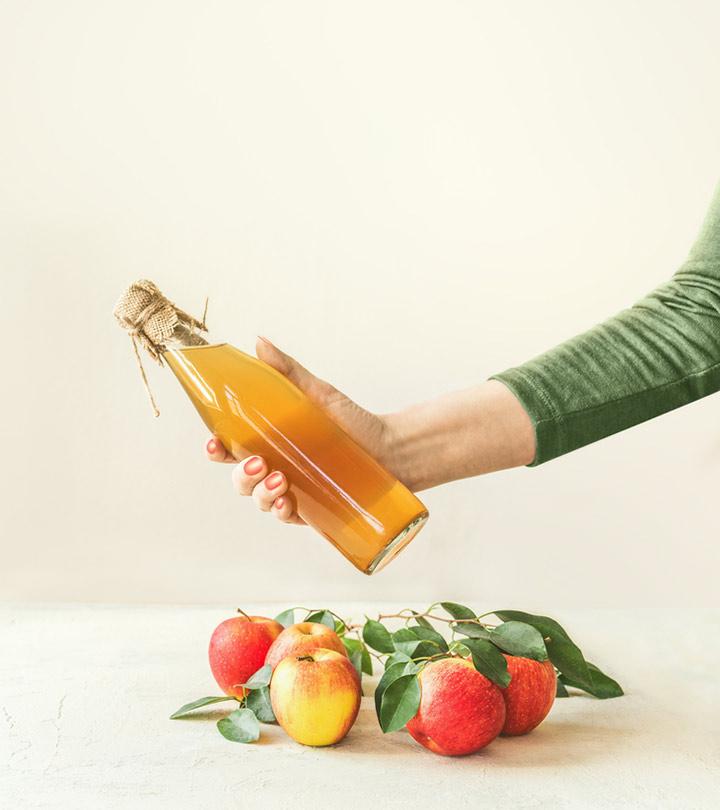

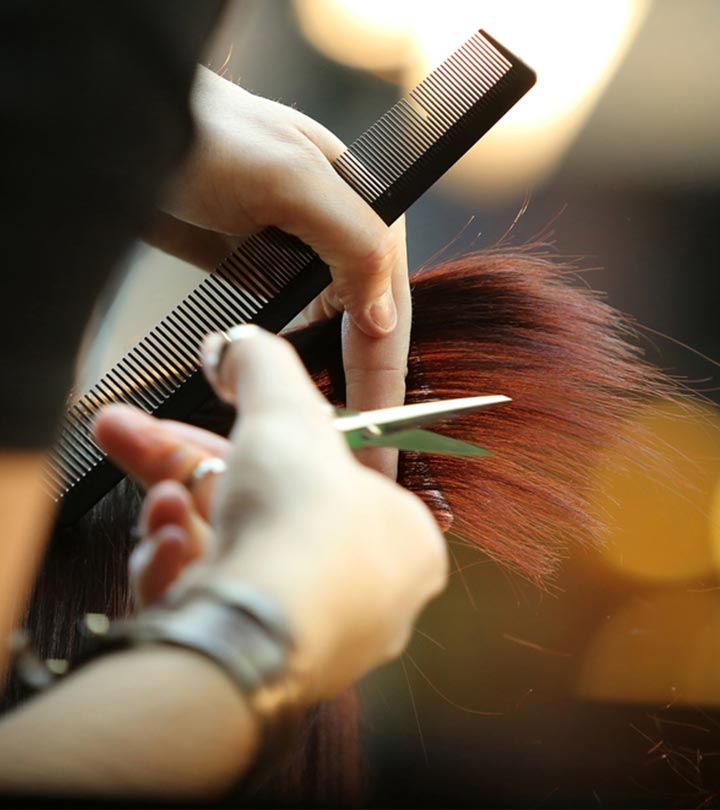
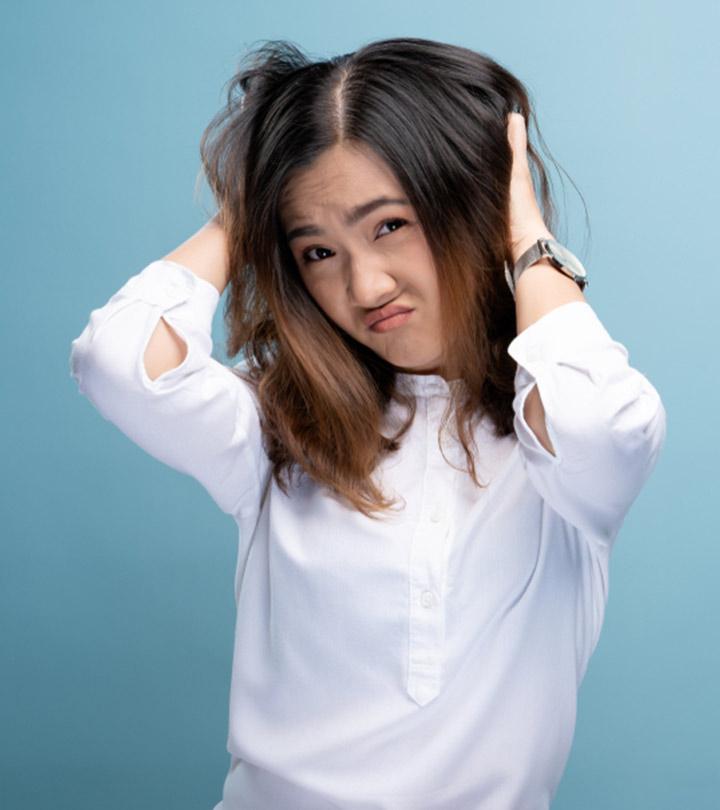
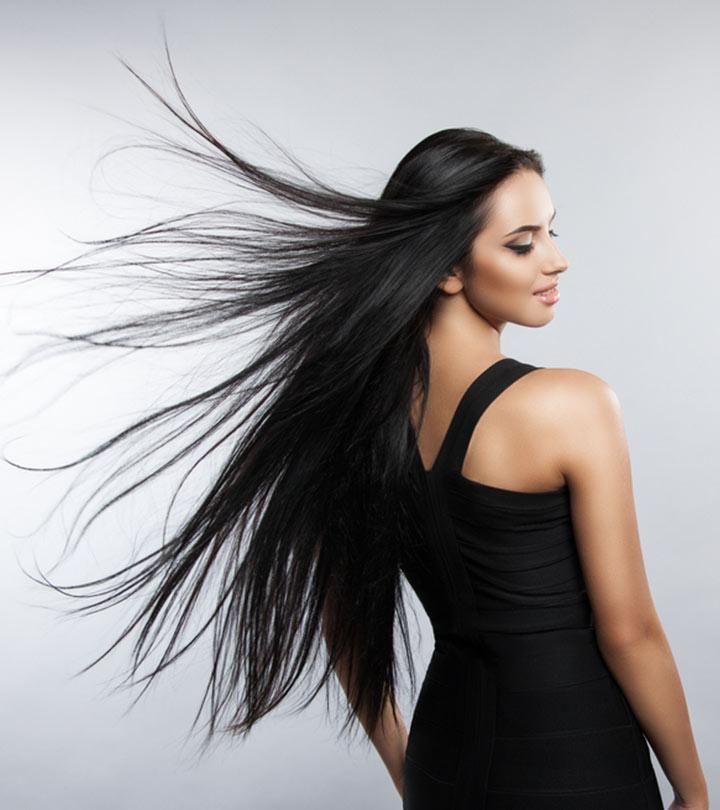
Community Experiences
Join the conversation and become a part of our empowering community! Share your stories, experiences, and insights to connect with other beauty, lifestyle, and health enthusiasts.